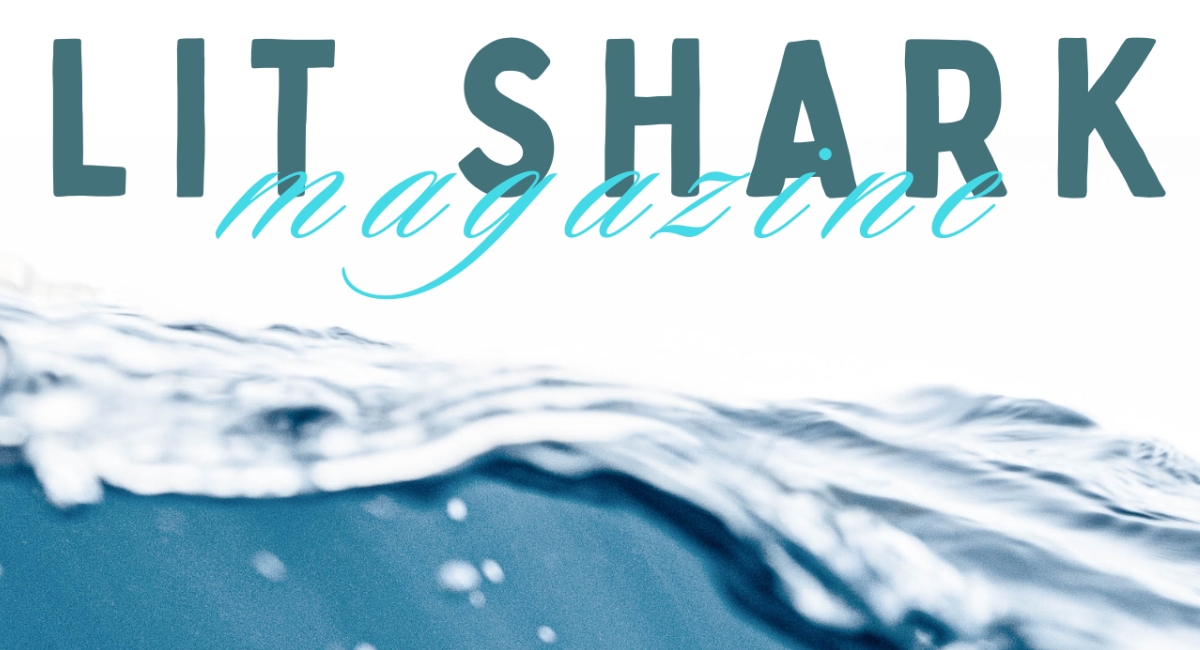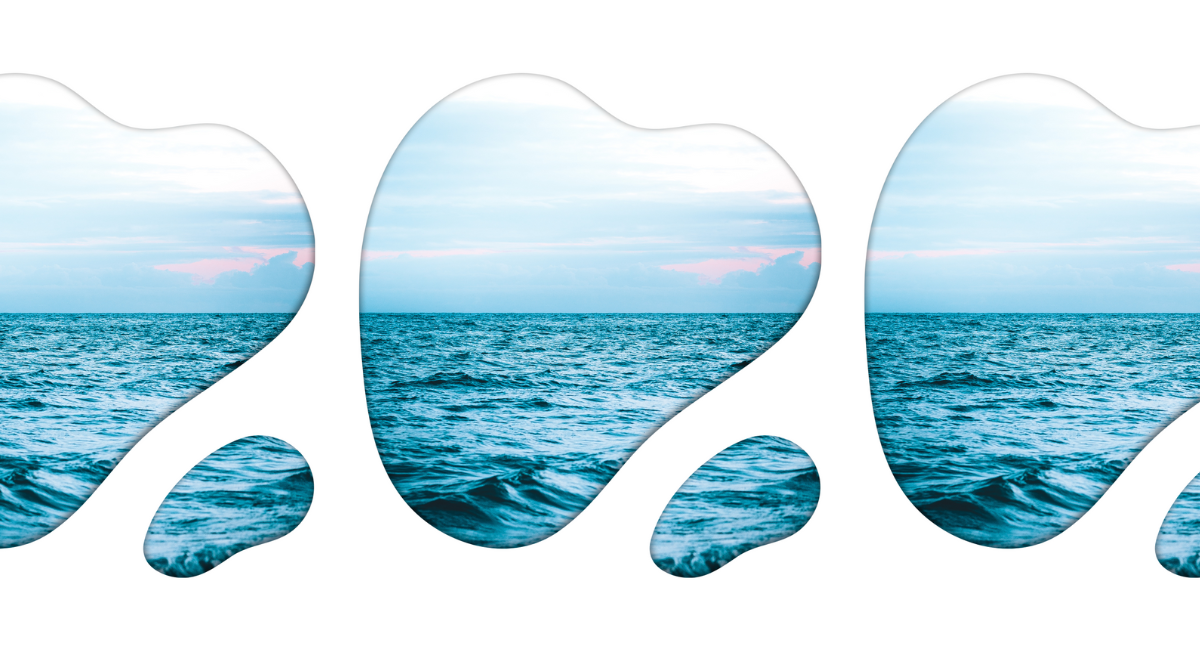I slowly make my way down a worn path through Western Maryland, breathing in the clear air and enjoying the alarmingly warm weather in February. My friends and I have gathered as we do every year for a long weekend spent in a faux-rustic cabin. The days extend into long affairs of good food, board games, and reading quietly together. We always make sure to include a long hike.
Like a setting from a Miyazaki film, the tangled forest is serene, verdant, and lush with soft moss. As I listen to the chattering echo of conversation among friends, I let myself fall behind to stop and listen. This is a practice I indulge in more lately, avoiding the urge to fill the silence with my own words and sounds. Just listen.
Looking Back on Natural Soundscapes
 As I continue my walk slowly and observe, I think back to a short film about the audio ecologist, Gordon Hempton. The film (and book of the same name), Preserving One Square Inch of Silence, explores his quest to document the last quiet places on earth. He records spaces untouched by man-made sounds. In the film, he looks to find one of the quietest places in Washington’s Hoh rainforest. Somewhere among the tall, moss-covered trees, he explains how the spot he finds is exactly one square inch of silence.
As I continue my walk slowly and observe, I think back to a short film about the audio ecologist, Gordon Hempton. The film (and book of the same name), Preserving One Square Inch of Silence, explores his quest to document the last quiet places on earth. He records spaces untouched by man-made sounds. In the film, he looks to find one of the quietest places in Washington’s Hoh rainforest. Somewhere among the tall, moss-covered trees, he explains how the spot he finds is exactly one square inch of silence.
Soundscape Ecology or Acoustic Ecology was developed in the late 1960s thanks to the work of R. Murray Schafer and his colleagues at Simon Fraser University in Vancouver, Canada. Originally a composer and music teacher, Schafer became aware of noise pollution and people’s lack of awareness around acoustic environments. He later founded the World Soundscape Project in 1971.
Because the loss of natural sounds is often linked to urbanization and development, it is also connected to conservation and sustainability. There is a ticking clock, an urgent need to record wild, acoustic spaces before they are inevitably and forever altered. Recorded soundscapes now exist that allow you to immerse yourself at home. Gordon Hempton logs a range of pristine, natural sounds, such as the space inside a giant Sitka spruce log in Olympic National Park. He calls it “Nature’s Largest Violin” because the wood has special properties, which resemble a violin when exposed to vibrations. Hempton believes preserving these soundscapes is vital, as they are quickly disappearing. He has since co-founded Quiet Parks International, a non-profit that strives to save quiet for the benefit of all life. The organization features a map of quiet places, offers research on why silence is beneficial for our health, as well as the environment, and even offers quiet experiences.
What This Means for Our Oceans
Soundscape Ecology extends to conservation underwater. A recent project from The Smithsonian Environmental Research Institute explores the crucial importance of sounds beneath the waves, in our oceans. The project’s website states that “collective voices of marine animals create complex underwater ‘soundscapes,’ which can provide insights into the composition of animals living within particular habitats.”
They share how different a coral reef can sound when compared to a muddy estuary. Or even the idea that a coral reef with great biodiversity can have a much more complex sound than a depleted one. The project also wants to understand how noise pollution from cargo ships, small watercraft, coastal construction, and sonar affects marine wildlife. I listen to several recordings of a healthy coral reef. It sounds like muted underwater bubbling tones, groans, creaks, the clicking of dolphins, and hoots (almost like an owl). It’s clearly a bustling universe.
A Reminder to Just Breathe
I don’t know why I feel so drawn to this idea. Maybe it is the fact that we are encouraged and socialized to take up space, to continue churning, to always hurry along, and to make noise. Resting and falling silent have an air of negativity. It connotates this idea that you are only of value when you’re working towards something when in fact, you are merely letting the Earth speak to you. By stepping back and becoming still, you are no longer the most important factor. I think this is a frightening idea for many humans.
All of the apps and media we consume tell us that we need to compete. Messages need to be watered down and painted black and white because others will not have the capacity to pay attention or listen to nuance. The quantity of views has more value than real, meaningful engagement.
As I stand on this trail, I stop. I take myself out of the conversation. I let myself cease and just be. I remove my ego. I feel the pressure of the trodden leaves against my feet, I hear the moan of wind through fir trees, whose branches swoop down as if to touch my head softly. I watch the garlands of fungi and lichen adorning fallen logs. I listen to birds I cannot name chattering. I let myself be a part of this quiet place. It is a whisper of what could be. I am hopeful.







0 Comments
Trackbacks/Pingbacks